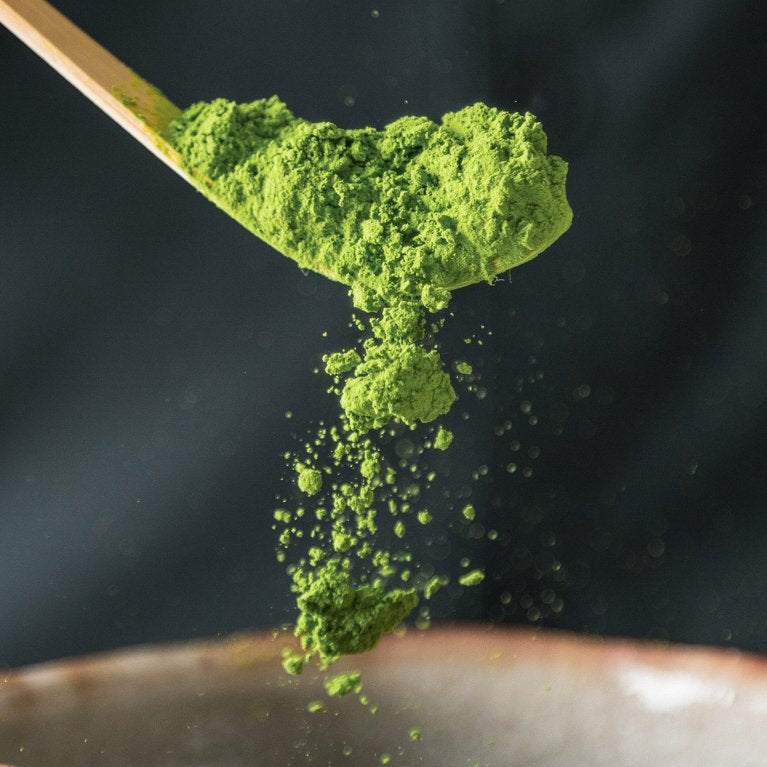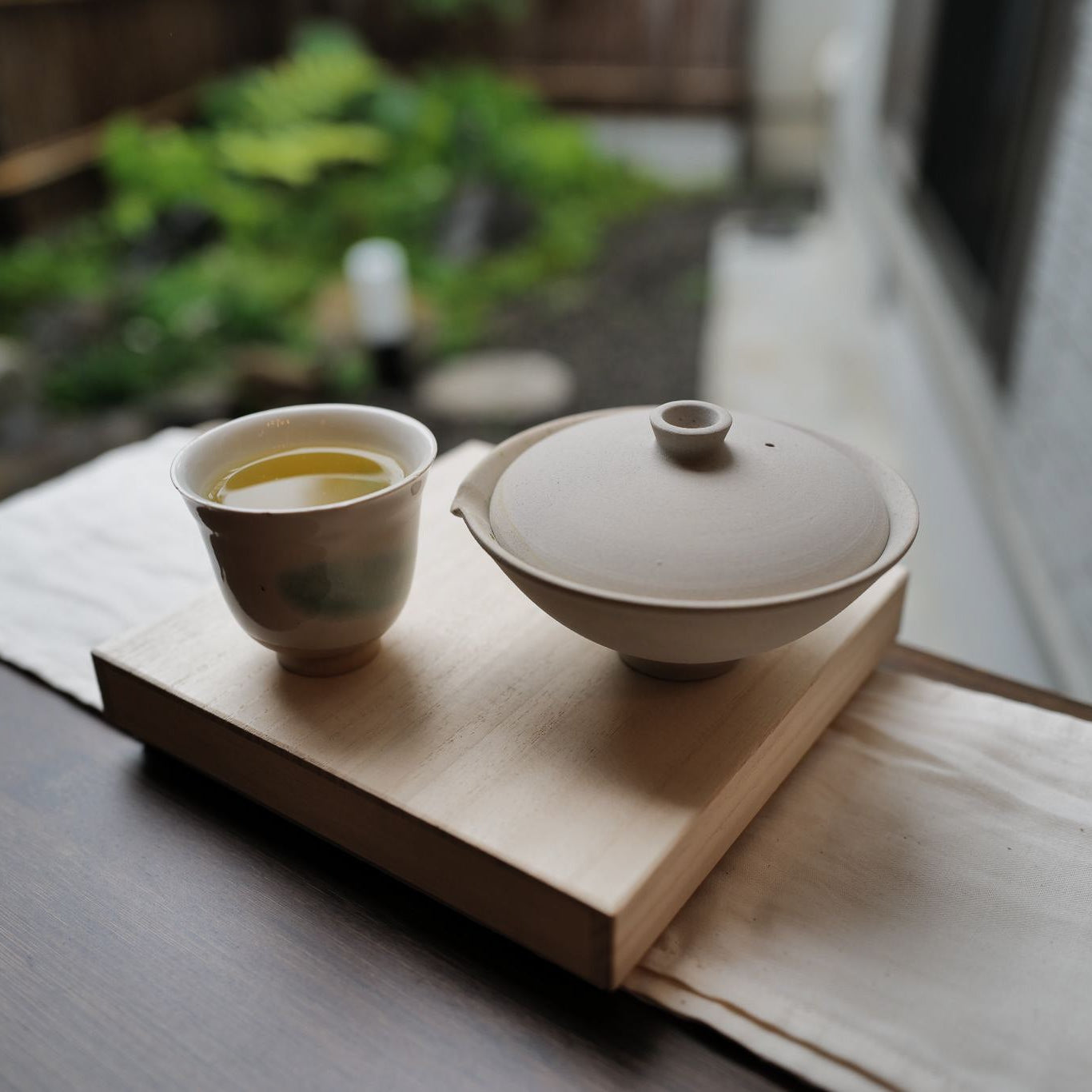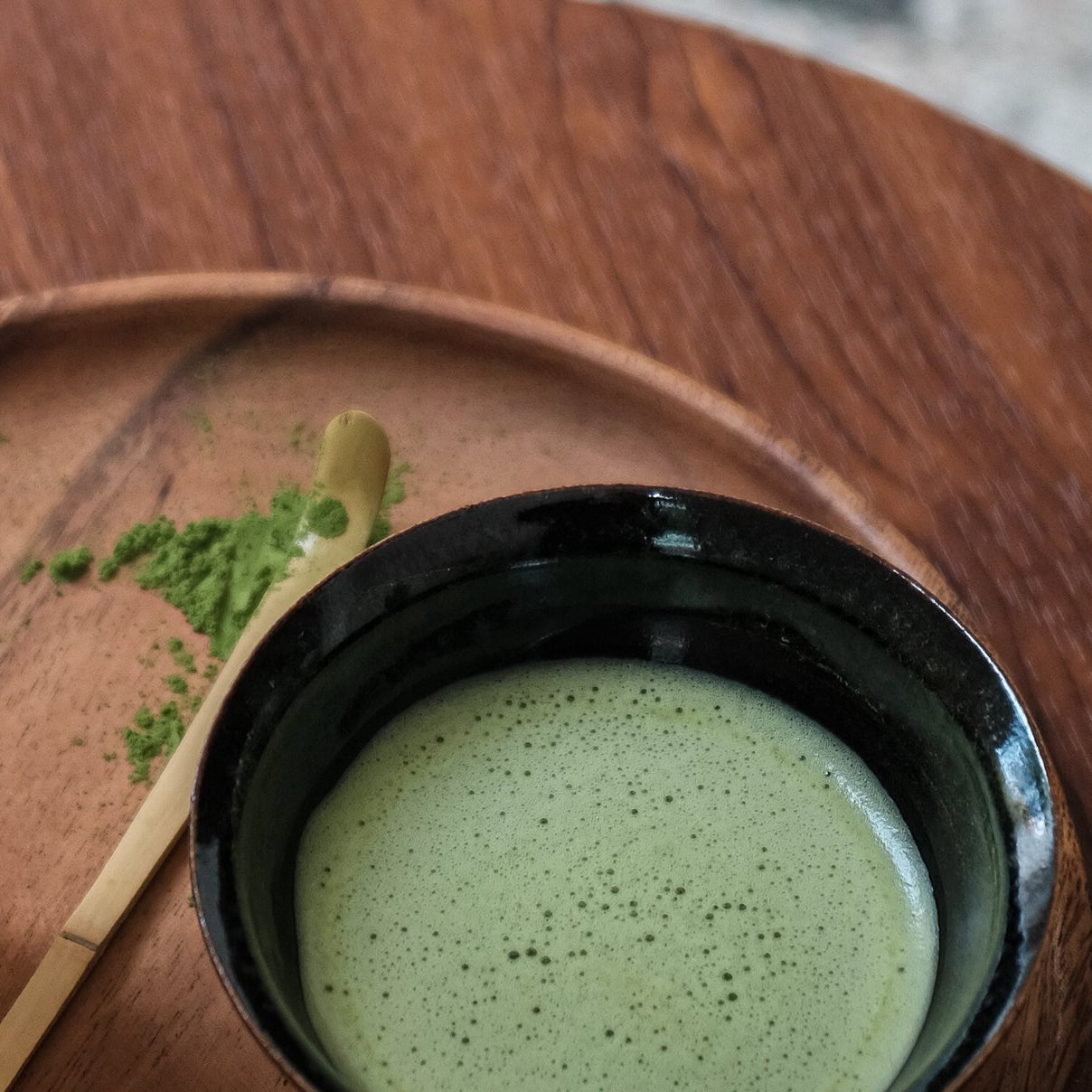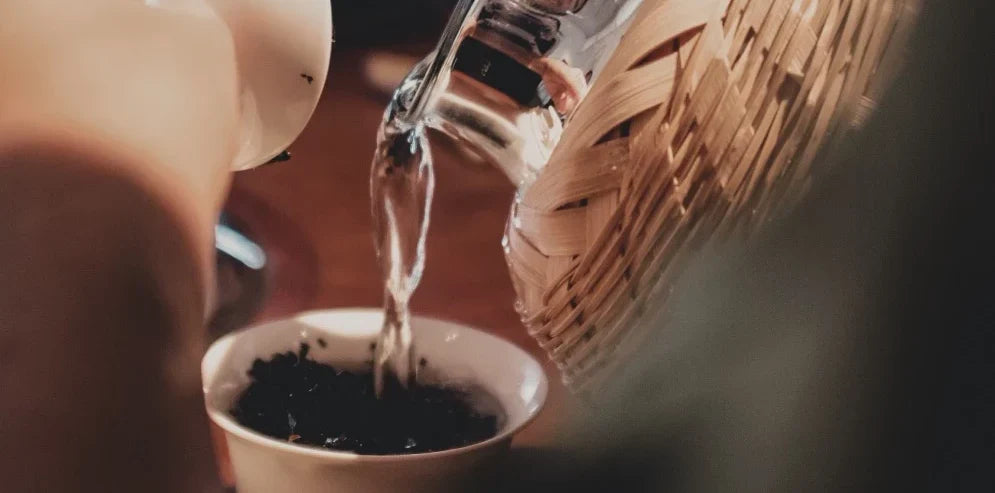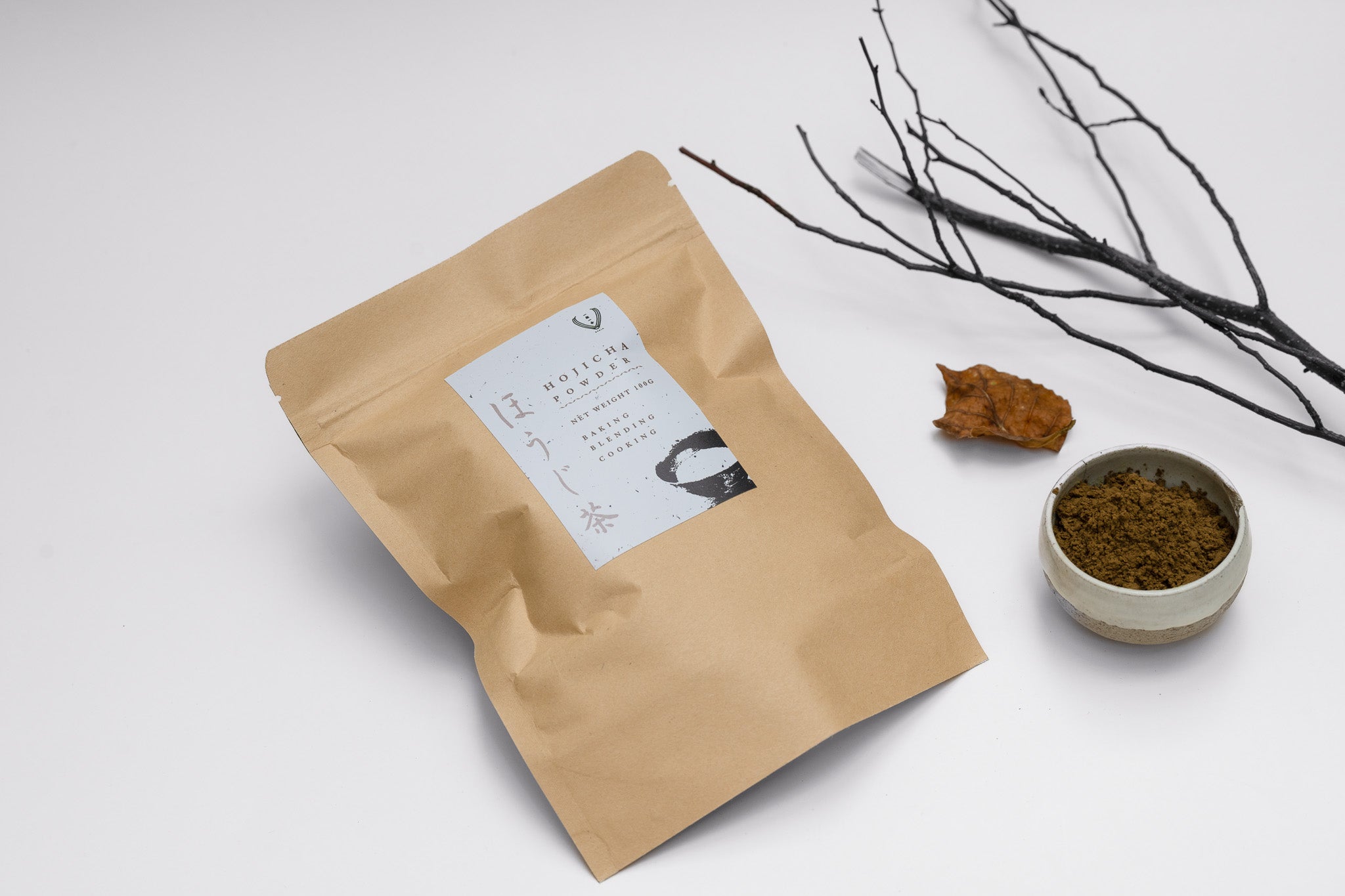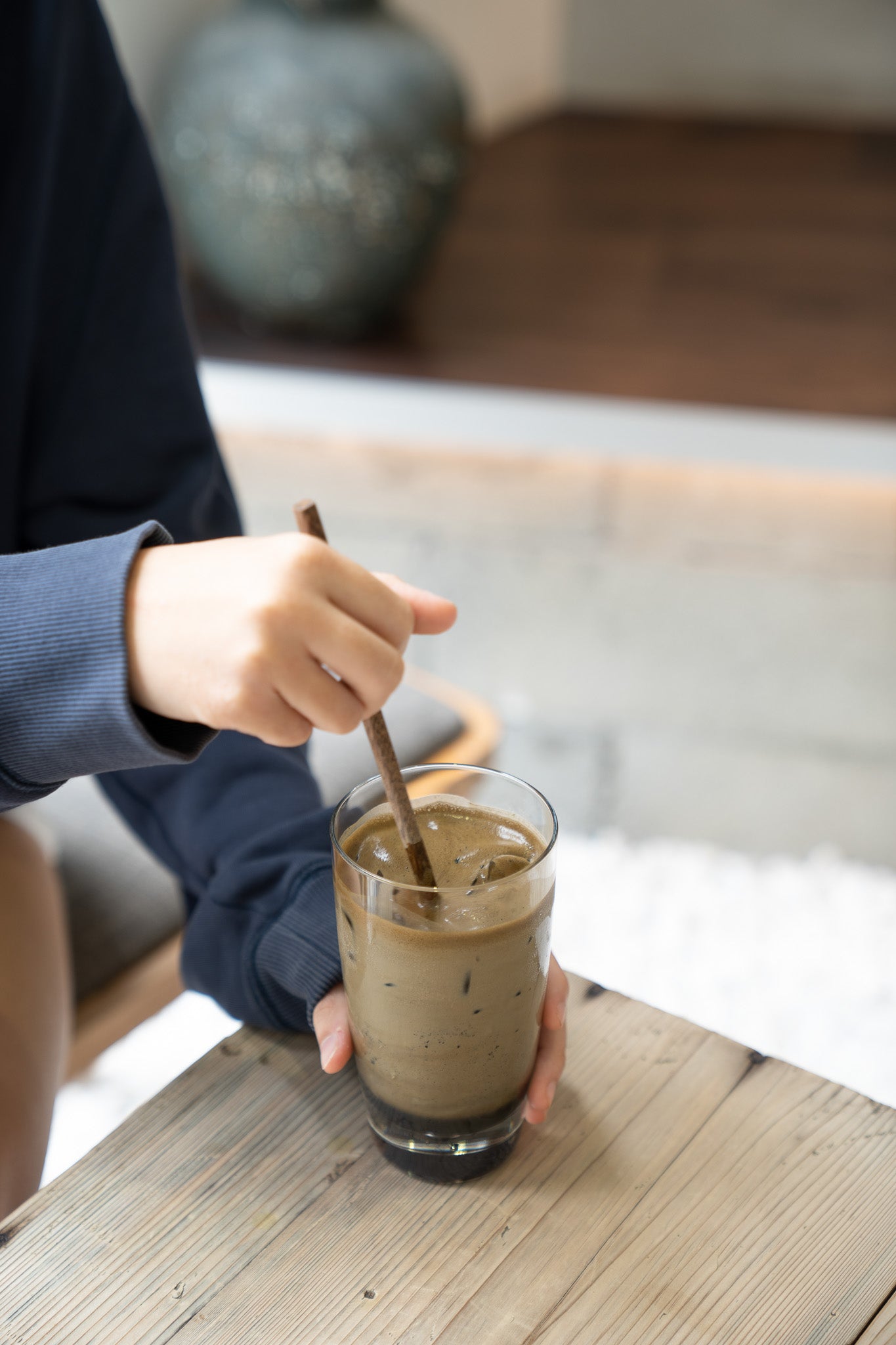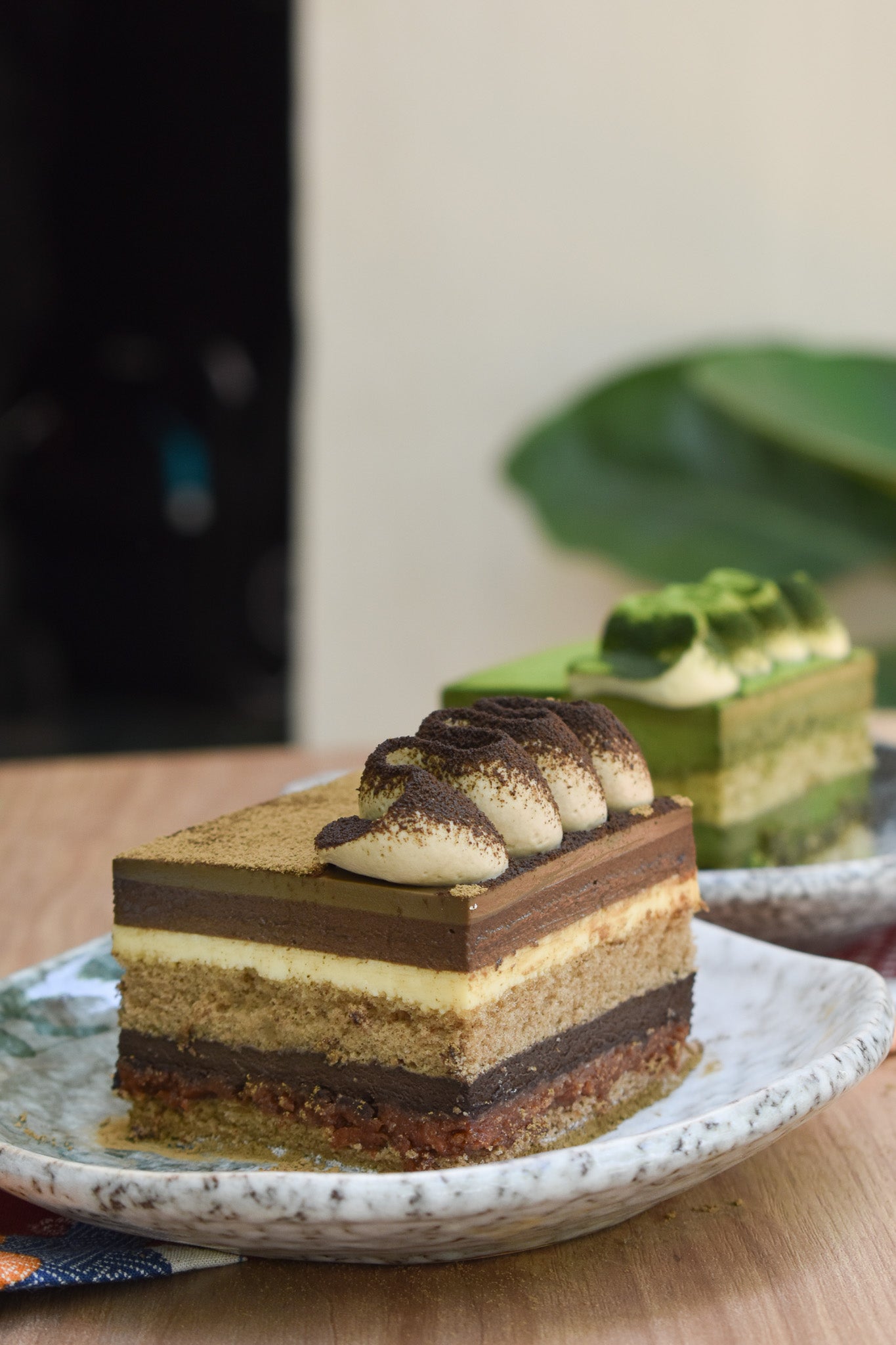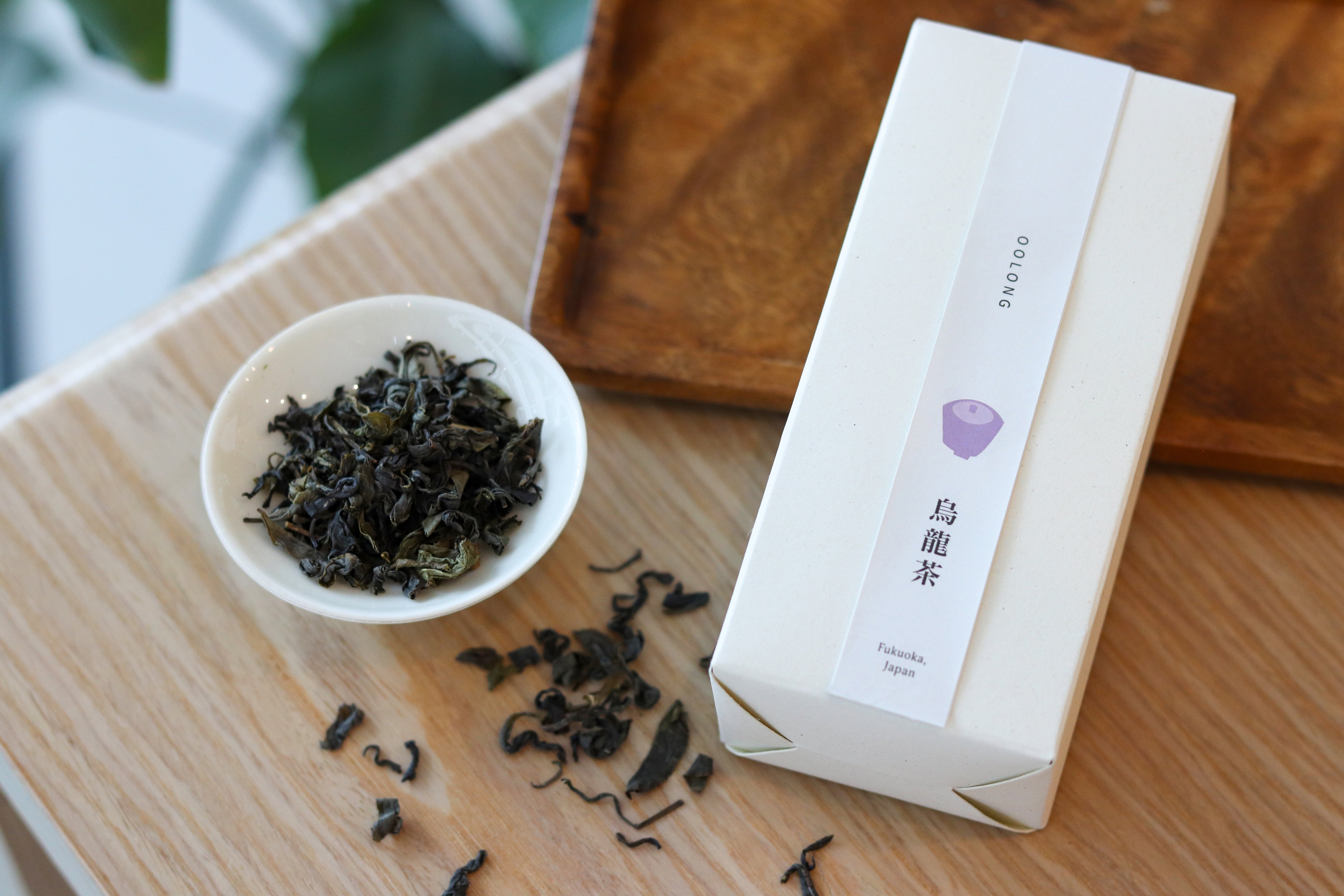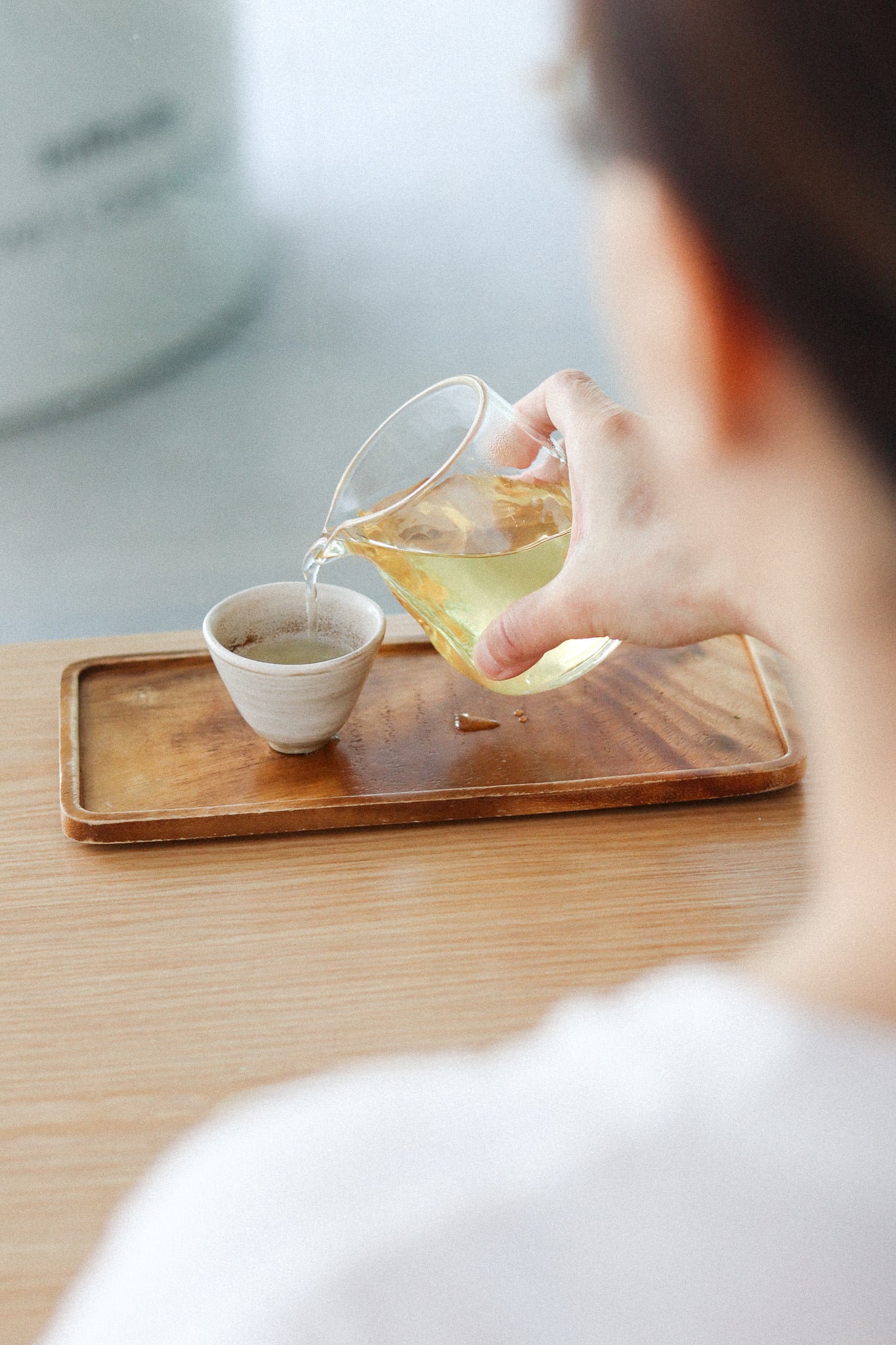IT'S ALWAYS DAY ONE
by Jasmine | September 23, 2019
The craft of pottery goes back to day one, every day. Singaporean potter, Kim Whye Kee, returns to the same motion of throwing, firing and moulding clay — as always.
IMAGE: KIM WHYE KEE AT HIS EXHIBITION AT THE TEMENGGONG RESIDENCE IN SEPTEMBER 2019.
Four times a week, Kim Whye Kee takes the bus alone to a teahouse — the remaining few left in Singapore. It is two in the afternoon, and he sits among the company of about four people sipping tea. Each tea cup holds only 20 millilitres, the flavour of the Chinese tea a tinge of bitterness. It is when the last of tea glides down the throat that the earthy sweetness lingers on.
In between nods and smiles, Whye Kee is a portrait to behold. At 175 centimetres and about 70 kilograms, he has the physique of a fighter with tattoos peeking out of his white-washed, pressed shirt. Yet, the crevices of his cheeks give him the appearance of someone older. When he speaks, the words come gently and warmly.
The afternoon tea goes on for about three hours. Behind the hours-long afternoon tea, what we don’t see is his morning devotion to the craft of pottery. He rolls out of bed at six every weekday morning and begins his work. His success in so niche a craft came through bravery, diligence and will.
Niche is when Whye Kee decides to go against the norm of porcelain or metal and invest his time and resources into tea wares. Niche is when he knew he wasn’t hopping onto any bandwagon in the local market but was daring enough to try a shot. Niche is when Whye Kee took his pottery business as his wife, and committed himself to a lifetime of craft creation.
NICHE IS A RISK
Yes, niche is a risk. You see the opportunity, and you see the odds. In your mind, it is bound for success but the world may see it otherwise. You are left with one foot hanging in the air, unsure if that bet could be placed.
You become the testbed for success, even when more than 90 percent of entrepreneurs are failing.
You become a glimmer of hope in the industry, offering your fresh creativity and eagerness. You also become your greatest supporter, fighting your way to ensure all takes off.
In a society that prizes profit over passion, Whye Kee’s bravery is laudable. Taking the first step into a passion-fuelled project can be daunting, and for the right reasons. With half of new businesses failing within the first three years, it is only necessary to consider the demand and supply trend carefully. And with that, Whye Kee saw the demand and became the first few in the industry to hand-make tea wares with various clays — including the rare Singapore clay from the 1970s to 1990s.
He started simply. His first home studio was in the living room of his sister’s 3-room flat. It takes him countless hours from the time the lifeless, grey, clumpy clay is taken into the hands of the potter, to the final touch of glaze. The completed cup is analogous to life: start from the bottom, and eventually reach a peak.
NICHE IS A HARDWORK
Niche is hard work, too. In the words of Whye Kee, it is setting realistic targets and being down-to-earth. Even with a story and backing behind him — to whom he is thankful for — he was on his own in mastering the craft of pottery. He portions his time between his home studio and tea houses. He gives himself a weekly quota to hit, and makes it a point to attend tea ceremonies or events when one pops up.
“Too many young artists nowadays are after instant success. It is important to put in the hard work and time to master your craft.”
In his years of pottery, he says that 20 percent of the hard wares crumble under the high pressure of the heat in the kilns. But such is the inevitability of heating. In difficult moments, he has found the courage and will to move on and forward. Even with the success he is enjoying now, Whye Kee refuses to slack off.
"There isn’t one week that goes by without me touching pottery,” Whye Kee says. “Your hands will forget the feel if you stop for too long.” He adds that when overseas, he intentionally finds an event or shop that does pottery.
The pottery business began using his personal savings from side projects and his previous job as a wood-maker. His life partner also gifted him a kiln then. He bootstrapped Qi Pottery himself in 2016, and hopes to continue likewise without external funding.
When asked how to advise aspiring entrepreneurs, he paused for some moments as his eyebrows deepened. “Work hard. You have a pair of hands, keep using it. You have a pair of legs, too, and that is to stay grounded.”
"Too many young artists nowadays are after instant success. It is important to put in the hard work and time to master your craft.”
NICHE IS STAYING GROUNDED
Niche, too, is reaching for the skies, while staying grounded.
Whye Kee, arguably a decorated potter in the local media scene, is a man of immense honesty. While many are looking at increasing revenue and growth, Whye Kee seeks contentment.
“I need very little to be comfortable and drink tea. I earn enough to travel and meet new friends.”
His craft is testament to the desire to marry function and form. Instead of insisting in his own ideas and designs, he humbly modifies his works to suit the users. Right from the onset, Whye Kee is on the lookout on how to improve his craft to suit his audience’s needs. From shrinking the size of the tea wares, to experimenting with various materials and glazes, he continues to innovate and stay competitive in this niche industry.
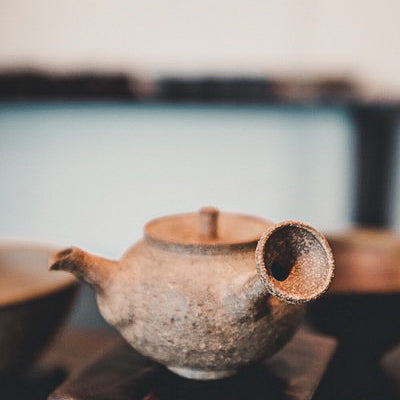
IMAGE: EARTH, 2019, HAND-THROWN, UNGLAZED, ELECTRIC FIRED AT 1300 DEGREE CELSIUS.
For Whye Kee, the art of craft-making is too high a calling to deny. Going niche may be the unbeaten track these days. After all, the concerns of an unstable salary, unknown following, and fluctuating demand are justified. Such is the niche territory that some will venture, few will experiment and a handful will succeed.
Another day begins for Whye Kee. He is up at six and sits on the stool in his home studio, slowly breathing a new lease of life into the clay. His ethos in pottery is reflective of his character: slow and steady. From the bottom up.

